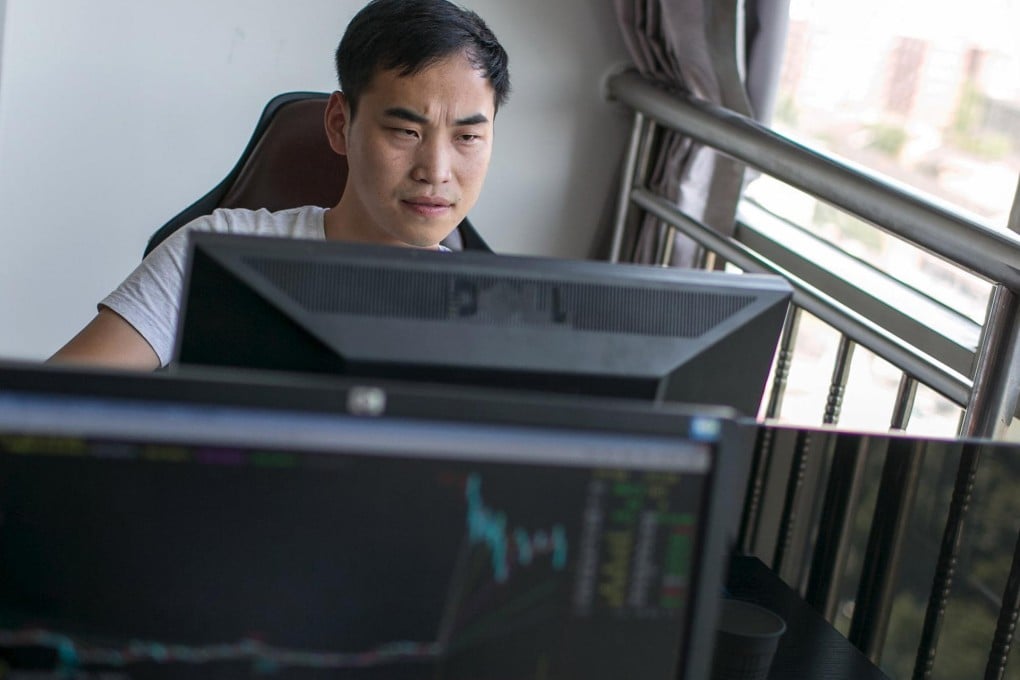Consolidation imminent as new rules hit China's P2P sector
Regulatory changes to peer-to-peer lending in China look set to result in industry upheaval

Mainland regulators are coming down hard on the peer-to-peer industry, with consolidation seemingly in the works after the ability of internet lenders to source funds, price loans, retain independence in managing funds and what they can lend all being hit.
"Internet players have been able to grow unchecked for some time. This was an unusual situation that only existed in China. The new regulations will rein in P2P and level the playing field," said Simon Ho, head of Asian regional banks research at Citi.
In the latest move, the Asset Management Association of China, the industry's self-regulating authority, adjusted the wording of its rules late on Monday regarding P2P lenders' previously overlooked margin loan activities, a significant but uncontrolled source of financing that contributed to the rally in Chinese equities.
The move follows a notice by the China Securities Regulatory Commission to provincial governments last Friday that it will start sending local bureaus to investigate P2P's margin financing activities across the country. Separately, the Supreme Court of China ruled that private loans charging annual rates above 36 per cent were illegal. The court also ruled loans financed with third-party funds - bank loans and funds from pooled capital by employees - illegal.
This will deleverage P2Ps, which had already seen restrictions from the People's Bank of China limiting how much they can source online. The PBOC restricted the maximum transfer amount for online payment platforms to 5,000 yuan a day or 200,000 yuan annually per individual.
"The measures could affect weaker players. They will have to find banks willing to provide [custodian] platforms. It could erect an entrance barrier. As the interest rates they can charge become restricted, risk controls become more critical," said Richard Xu, executive director at Morgan Stanley.